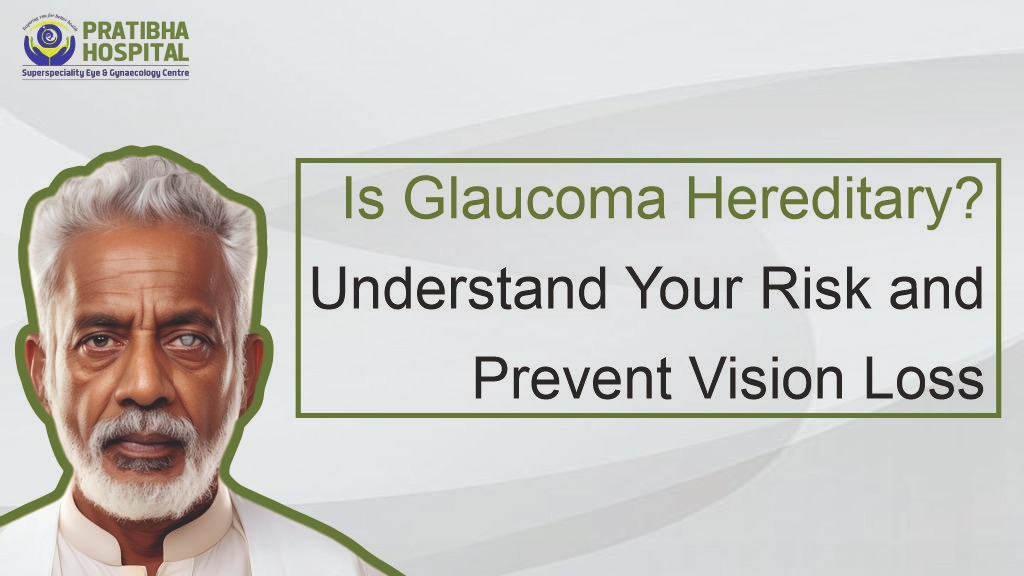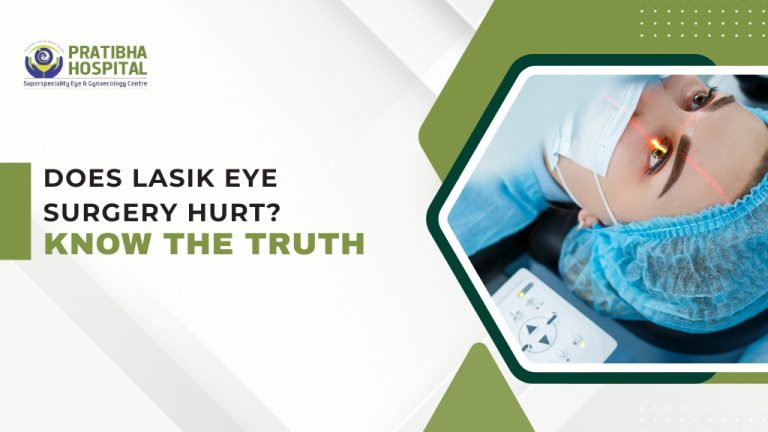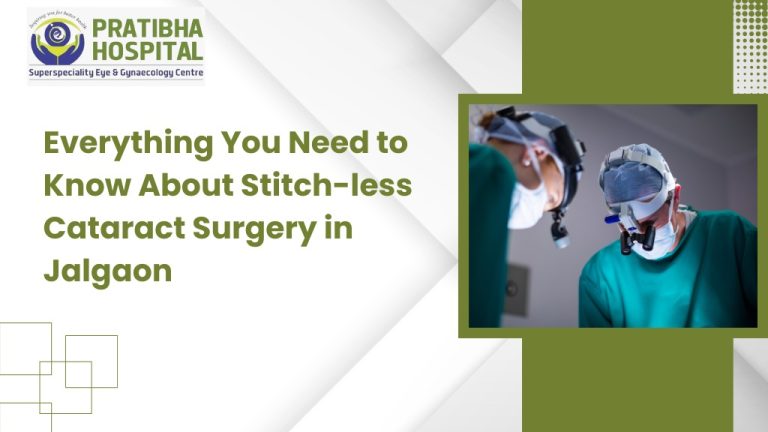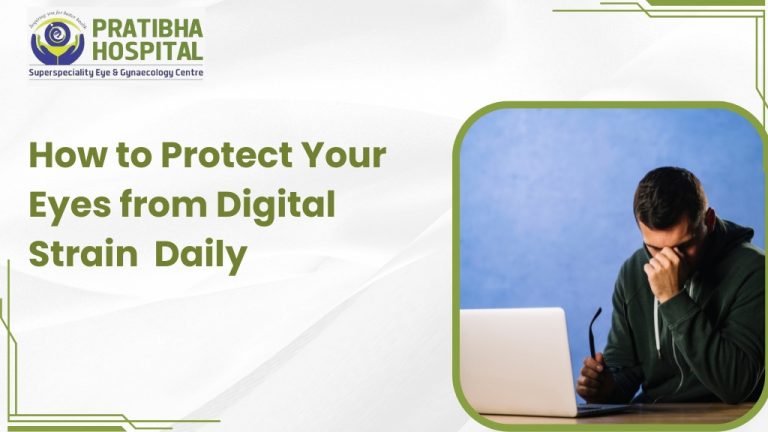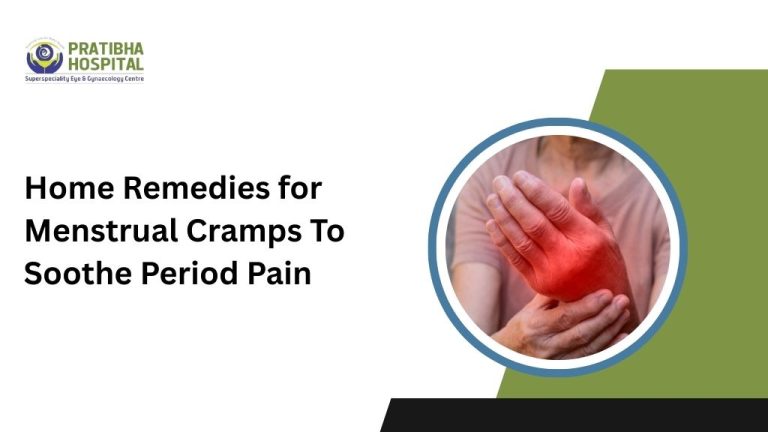Is Glaucoma Hereditary? Understanding Genetics, Risk, and Prevention
Glaucoma can feel scary. Many people call it the silent thief of sight because it often steals vision slowly, without warning. If someone in your family has glaucoma, you may worry – will I get it too? Can my children get it? These are the right questions to ask.
Let’s talk straight. Glaucoma can be inherited, but it does not always mean you will definitely get it. You can do a lot by knowing the risk, getting checked, and acting early. I’ll explain how heredity works in glaucoma, what genes are involved, what signs to watch for, and what you can do now to protect your sight.
What exactly is glaucoma?
Glaucoma is a group of eye conditions that damage the optic nerve. Often the pressure inside the eye, called intraocular pressure or IOP, plays a role. But pressure is not the whole story. Sometimes optic nerve damage happens even when pressure seems normal. If left untreated, glaucoma can lead to permanent vision loss.
There are different types of glaucoma:
- Primary Open-Angle Glaucoma (POAG): The most common type. It develops slowly and usually shows no symptoms in early stages.
- Angle-Closure Glaucoma (ACG): Less common, can appear suddenly, and may cause eye pain, nausea, and blurred vision.
- Primary Congenital Glaucoma (PCG): A rare form that affects babies due to genetic mutations.
- Juvenile Open-Angle Glaucoma (JOAG): Appears in children and young adults, often linked to heredity.
Each type can behave differently, but family history is particularly important in congenital and juvenile types.
Click Here to Read More about Glaucoma
Is Glaucoma Really Hereditary?
Yes, glaucoma can be hereditary. But it’s not guaranteed that you will develop it. Research shows that if a first degree relative—like a parent or sibling has glaucoma, your risk increases by four to nine times compared to someone without a family history.
However, hereditary risk does not mean certainty. Genetics may increase your susceptibility. But other factors such as age, lifestyle, and general health also affect the development of the disease. Knowing your family history allows you to be proactive with regular eye exams and early detection.
How do genes play a role?
Glaucoma is not usually caused by a single gene in most adults. For the common adult forms, many genes and non-genetic factors together set your risk. But for certain types, especially congenital glaucoma and some juvenile forms, specific genes are clearly involved.
Some genes that researchers have linked to glaucoma include CYP1B1 and MYOC (myocilin), among others.
CYP1B1 has been strongly associated with primary congenital glaucoma in many studies. MYOC mutations show up in some familial open-angle glaucoma cases and juvenile forms.
Research continues and new genes keep being studied, but the bottom line is this – there are real, measurable genetic components in many glaucoma cases.
What that means for you: If a child in the family has early-onset glaucoma, genetic testing and counseling can be very helpful. For most adult cases, family history is the practical marker doctors use to increase surveillance.
Risk Factors Beyond Heredity
While genetics play a major role, other factors influence glaucoma risk:
- Age: Most hereditary glaucoma in adults develops after 40 years.
- Medical conditions: Diabetes, high blood pressure, and high myopia can increase risk.
- Lifestyle factors: Smoking, prolonged screen use, and lack of exercise can contribute indirectly.
- Eye injuries or steroid use: Both can increase intraocular pressure and trigger glaucoma in susceptible individuals.
By combining these risk factors with genetic information, ophthalmologists can determine who should be screened more frequently.
If your family has more than one person with glaucoma, or if glaucoma showed up at a young age in family members, mention this to your doctor – they may suggest earlier and more frequent screening.
What signs should you watch for?
Glaucoma is tricky because early damage often has no symptoms. That is exactly why family history matters. Still, different types can show different signs:
- Babies with congenital glaucoma may have watery eyes, light sensitivity, and cloudy corneas. Parents notice it early.
- Juvenile glaucoma might show as blurred vision or needing new glasses often.
- Adult open-angle glaucoma usually starts with loss of peripheral sight – you may not notice until it is advanced. In later stages you might notice tunnel vision.
- Angle-closure glaucoma can cause sudden eye pain, headache, nausea, and blurred vision – this is an emergency. If that happens, seek immediate care.
Because early glaucoma can be silent, regular screening is essential if you have family risk.
What tests will an eye specialist do?
Glaucoma often shows no early symptoms, the only reliable way to detect it is through regular eye exams. Doctors typically check:
- Intraocular pressure (IOP).
- Optic nerve health.
- Visual field testing to detect peripheral vision loss.
- Imaging scans for optic nerve evaluation.
If you notice blurred vision, halos, tunnel vision, or eye pain, see an ophthalmologist immediately. Early detection can prevent permanent vision loss.
Preventive Care and Lifestyle Tips
Even if glaucoma runs in your family, you can take steps to protect your eyes:
- Regular eye exams: Essential for early detection.
- Healthy lifestyle: Balanced diet, exercise, and stress management support eye health.
- Manage chronic conditions: Control diabetes, blood pressure, and cholesterol.
- Avoid eye injuries: Use protective eyewear during sports or risky activities.
- Follow medical advice: Take prescribed eye drops, and attend follow-up appointments if diagnosed.
Early action is key. Glaucoma damage cannot be reversed, but progression can be slowed or stopped.
When to See an Ophthalmologist
Seek professional care if you experience:
- Sudden eye pain or headache.
- Blurred vision or difficulty seeing in low light.
- Halos around lights.
- Loss of peripheral vision.
If hereditary glaucoma is a concern, don’t wait for symptoms. A specialist can guide you through screening, testing, and preventive care. You can consult experienced ophthalmologists for expert advice.

